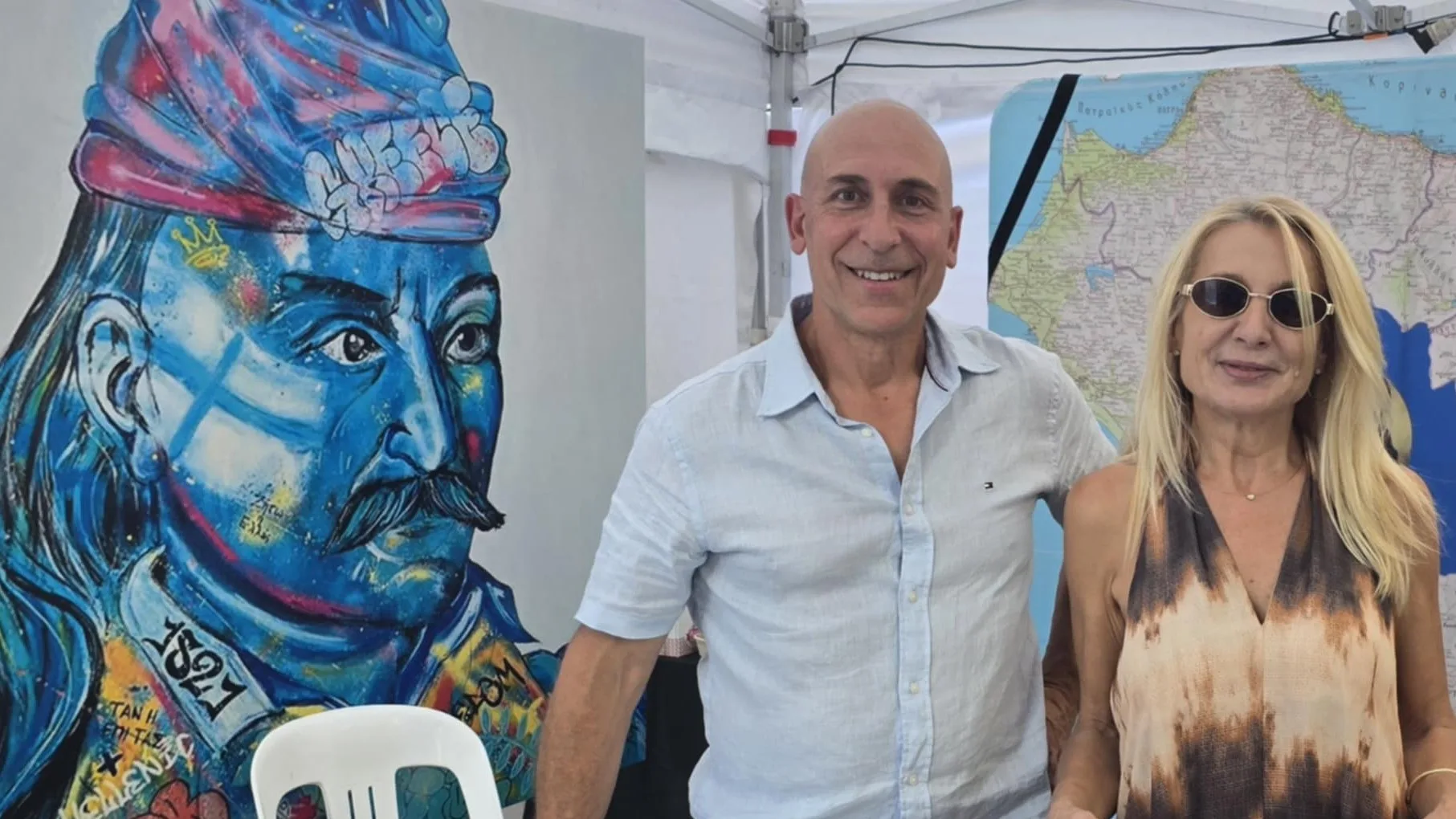For Greek Australians, the heroes of the 1821 Greek War of Independence are fiercely kept alive. From Melbourne’s social clubs named after Kolokotronis and Papaflessas to the rich movements of the Zalongo traditional dance and the vibrant strokes of contemporary art, the sacrifices and triumphs of Greece’s heroes are woven into the very fabric of the Greek Australian community.
“It was always called the Papaflessas Social Club, in honour of the war hero from the Greek Revolution of 1821 since it was first established 66 years ago,” Nasia Dimitrakopoulos, assistant secretary of the club, declares.
“Papaflessas was known as the ‘firebrand of souls’ and he inspired a lot of people. He fought a war against all odds, and that stirs the spirit.”
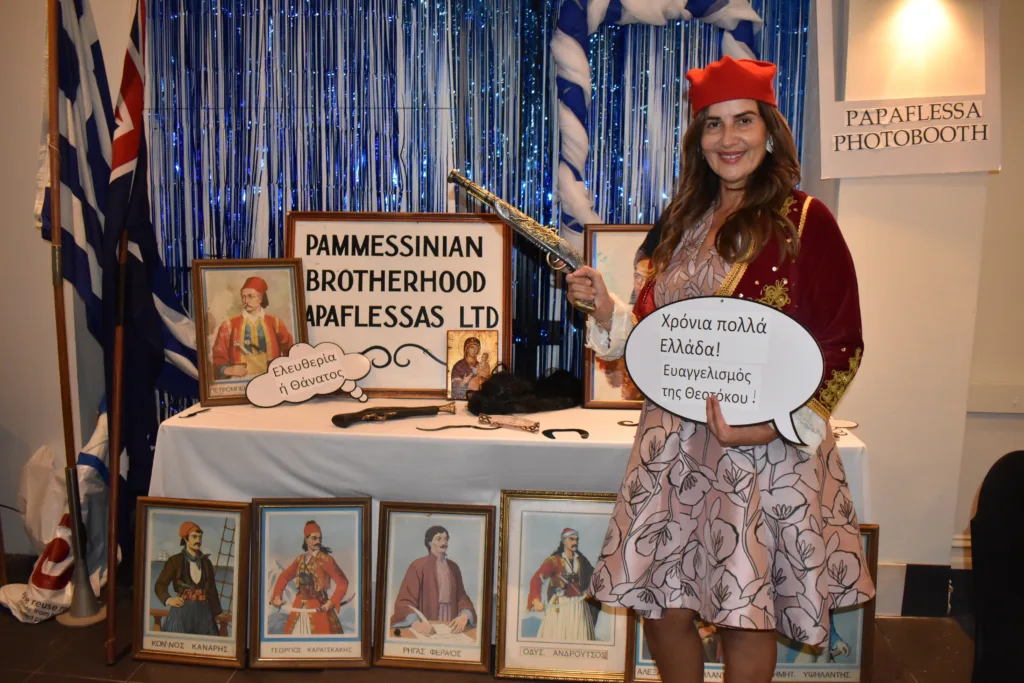
She recalls the impact of a childhood film: “During the fight, the Greeks were few, outnumbered by Turks, but they fought with passion and had a flame inside. When Papaflessas died, Ibrahim Pasha visited him and said, ‘Someone who fights as Papaflessas fought is not a hero, not a mortal, but a god.’”
This legacy, she emphasises, is passed down: “My kids, my son’s kids have seen the movie and enjoy it as much as I did.”
George Kotsirilos, president of the Panarcadian Association of Melbourne and Victoria, ‘O Kolokotronis,’ echoes this sentiment. “All Hellenes are proud of the Greek War of Independence, and as Arcadians, we can say that Kolokotronis from our region contributed to this.”
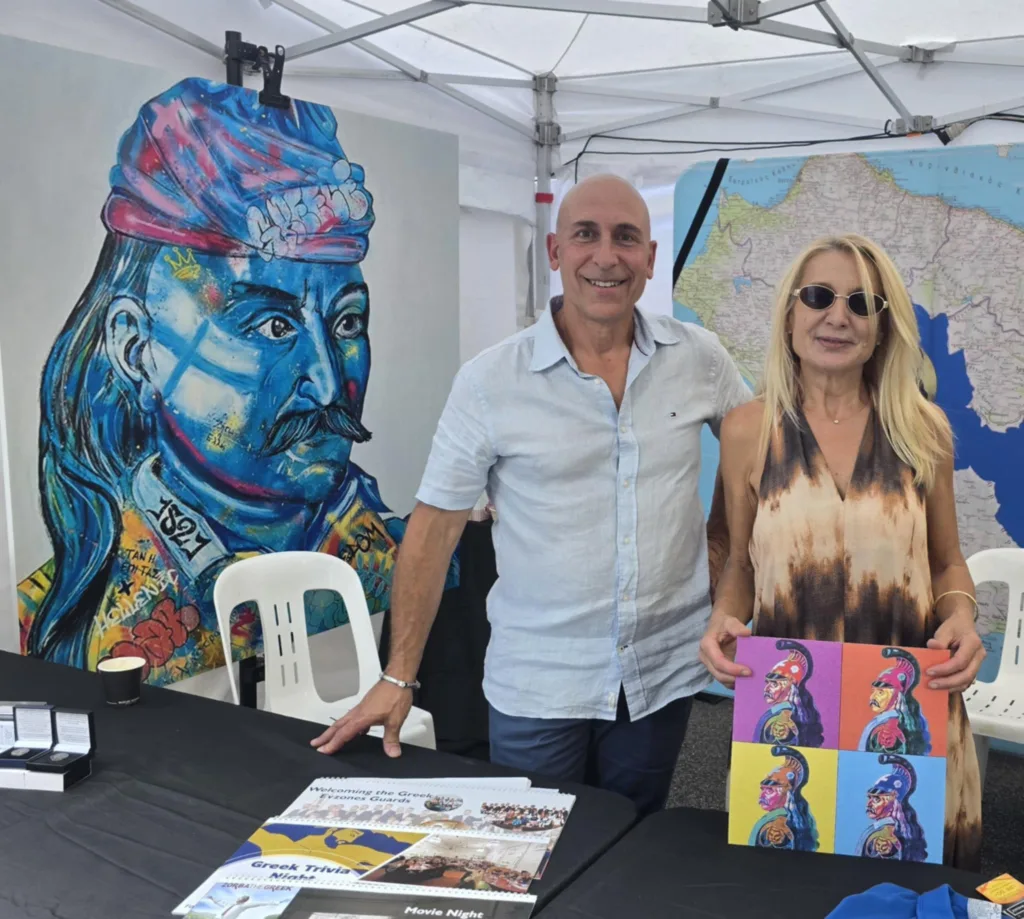
“When I was a child, I didn’t appreciate it as much, but the older you get, the more you appreciate and respect history and the significance of our ancestors,” Mr Kotsirilos adds.
To connect with younger generations, Mr Kotsirilos blends the old with the new: “We commissioned a graffiti artwork by Anthony Tartaglia and Warhol-inspired art that sit in the Kolokotronis hall to give it a modern twist, to keep our history alive.”
The emotional weight of the revolution is vividly conveyed through the art of Greek dance, as taught by Sophia Ventouris. She highlights popular dances like the Dance of Zalongo: “The song is usually sung a-cappella while the girls dance with low, sad expressions—it’s beautiful and instantly gives me goosebumps.”
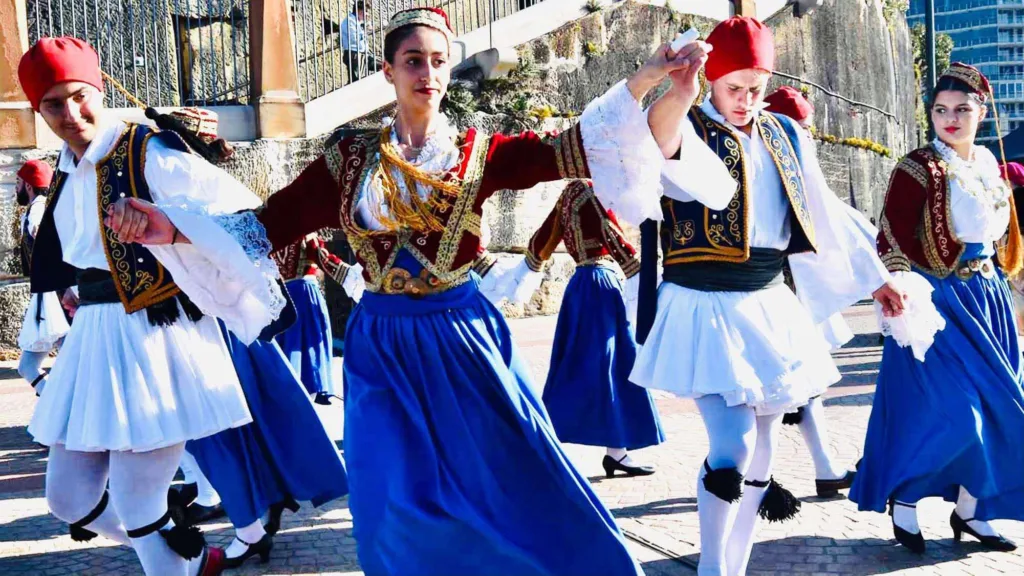
And the dance of Makrinitsa: “The older students understand that a sacrifice was made in history. Because of this understanding, they express their gratitude and pride in their willingness to learn and perform these dances on special occasions such as the celebration of Greek Independence.”
Artist Angela Kiki Konstantinopoulou channels the spirit of 1821 onto her canvases.
“I started painting heroes during the debt crisis when I lived in Patra for 5-6 months a year. Greece was struggling, but in museums, there were heroes of 1821, and I felt they had been let down by the government,” she says, referring to her first work of hero Kolokotronis with a tear streaming down his cheek.
“These heroes went to war in full glory, wearing their best clothes. Even the poor ones had dignity.”
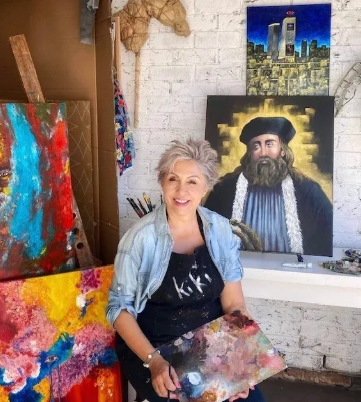
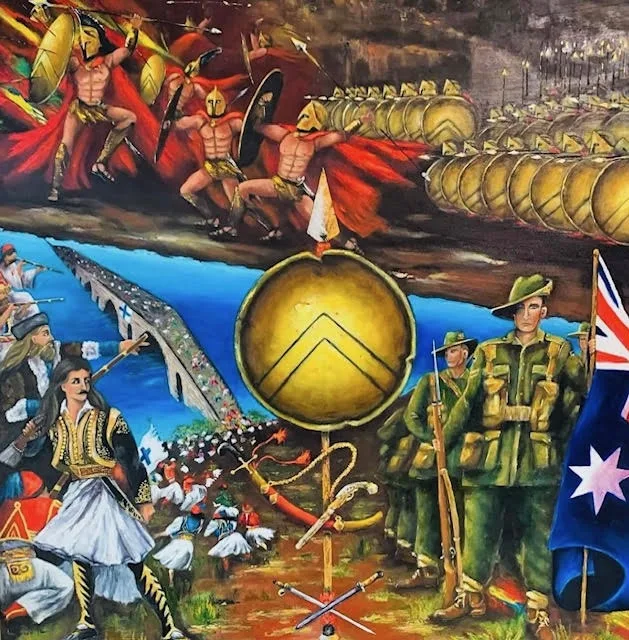
Now in Australia, she refuses to sell her paintings individually.
“If someone wants them, they should buy all 20. Through these works, children learn about our history,” the artists says.
She speaks with passion about the women: “Unlike the women of Souli, who chose death (over being captured by Turks), the women of Mani took up arms as the Ottomans approached. What is tragic is that Greece would have won the war sooner if women had fought. The Ottomans believed that if a woman killed you, you would not go to heaven. When the women of Mani attacked, the enemy scattered like rats.”
Spiridoula Demetriou, a researcher of Lord Byron and a member of the Education Committee of the Greek Community of Melbourne, shares her perspective on learning about the revolution.
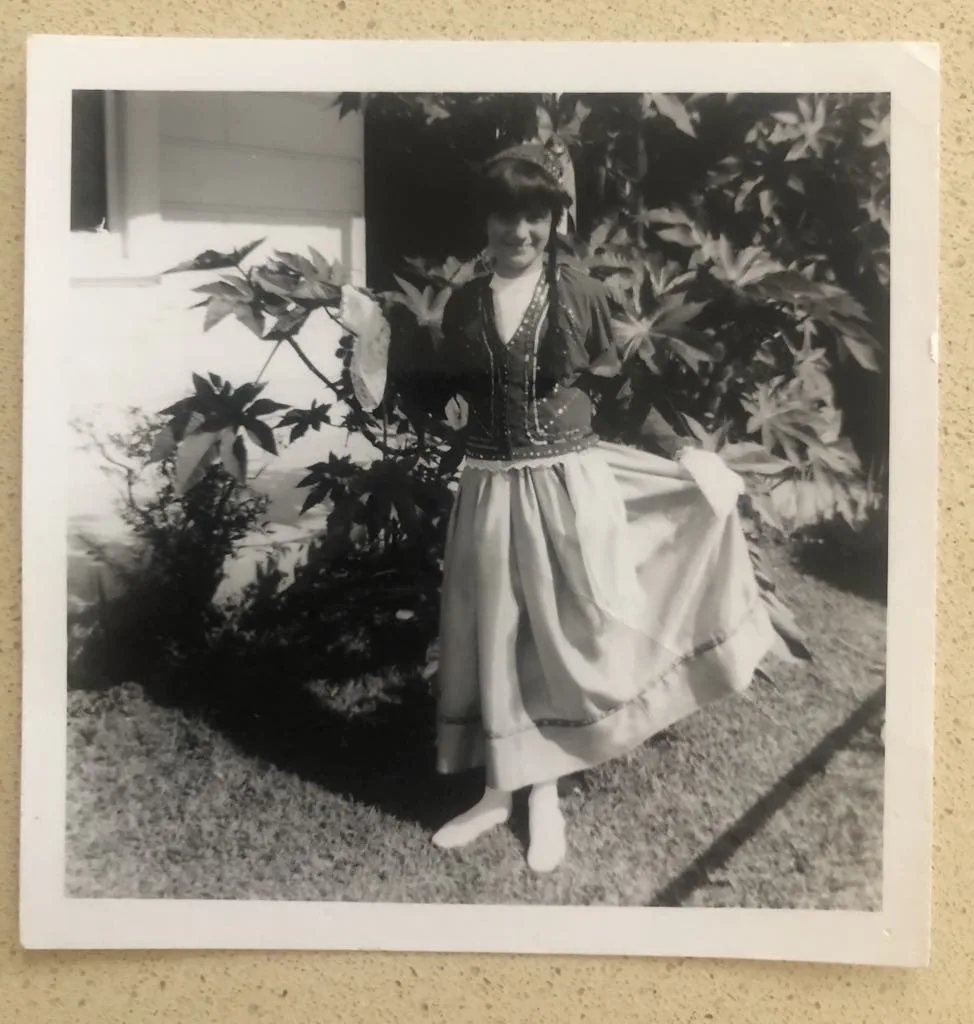
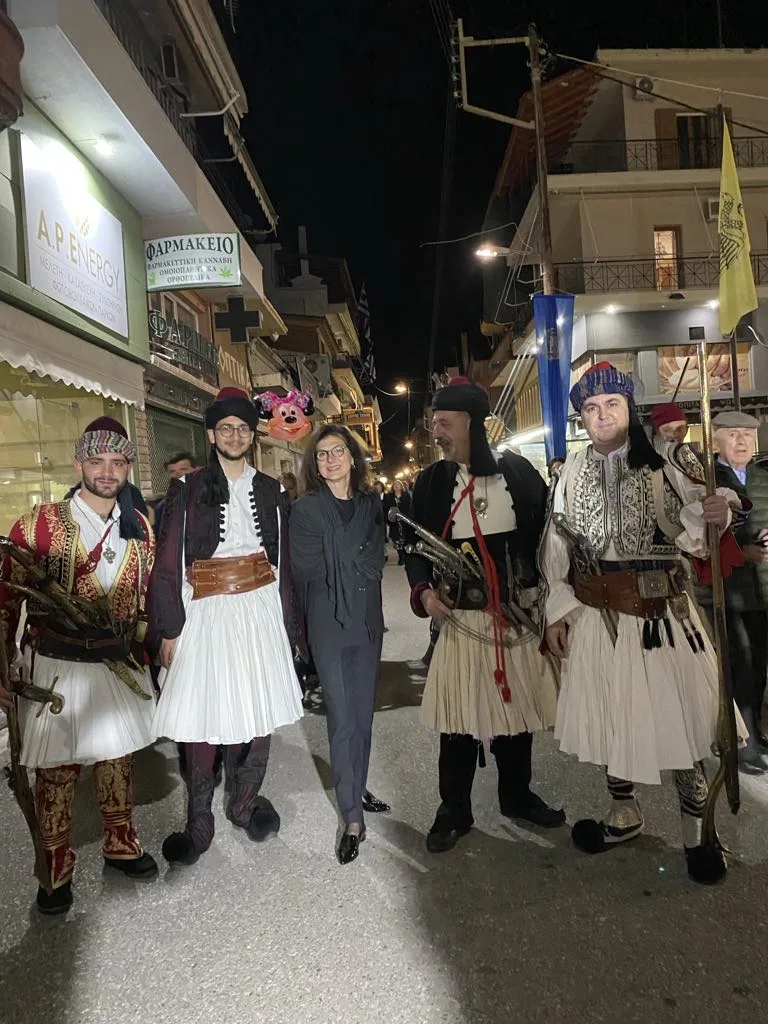
“When I went to Greek school in the 60s and 70s, we did plays and recited poems, but we didn’t really learn much about individual heroes. It was only later, through my own research, that I came to understand Kolokotronis’ view that the most important outcome of the war was the formation of a collective Greek identity,” Ms Demetriou says.
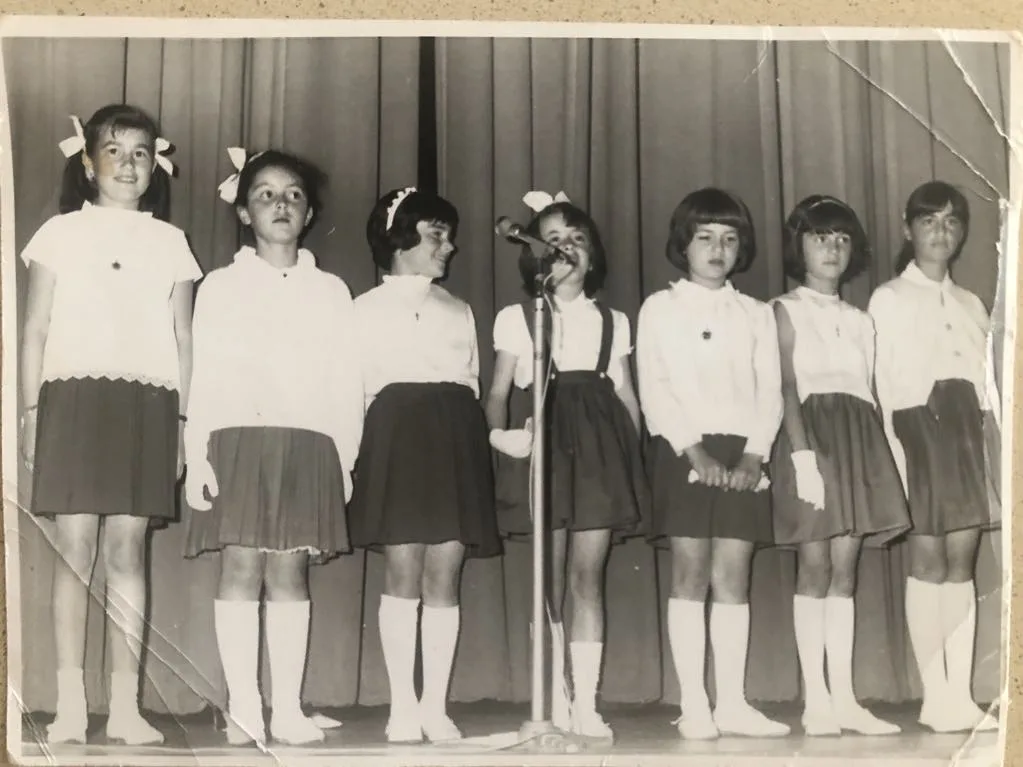
Her travels led her to Mesolongi, where she felt the depth of history.
“When I visited the place of my heritage, I was struck by the presence of the past. Mesolongi had produced five prime ministers despite its small population. That was when I became interested in the Greek War of Independence through the poetry of Kostis Palamas and Lord Byron,” she explains.
As children of migrants, Greek Australians can’t connect with their family heritage with weekend trips to their home towns. But through the vibrant Antipodes Festival to the quiet dedication within social clubs, the Greek Australian community ensures that the flames of 1821 continue to burn brightly.
